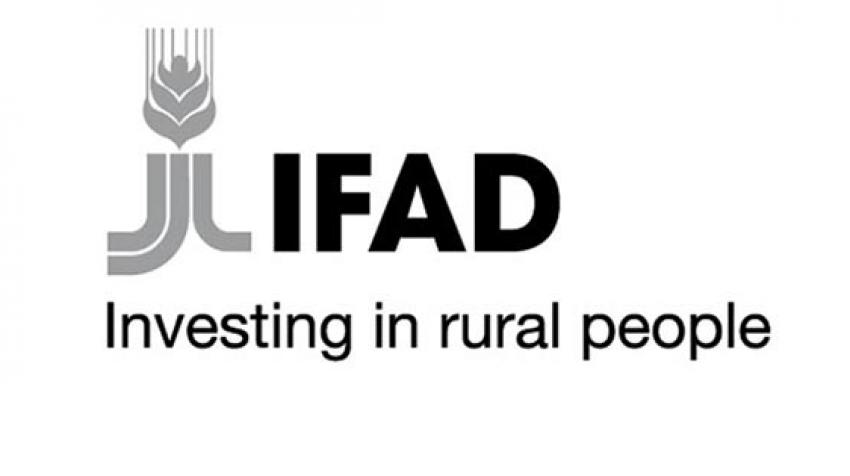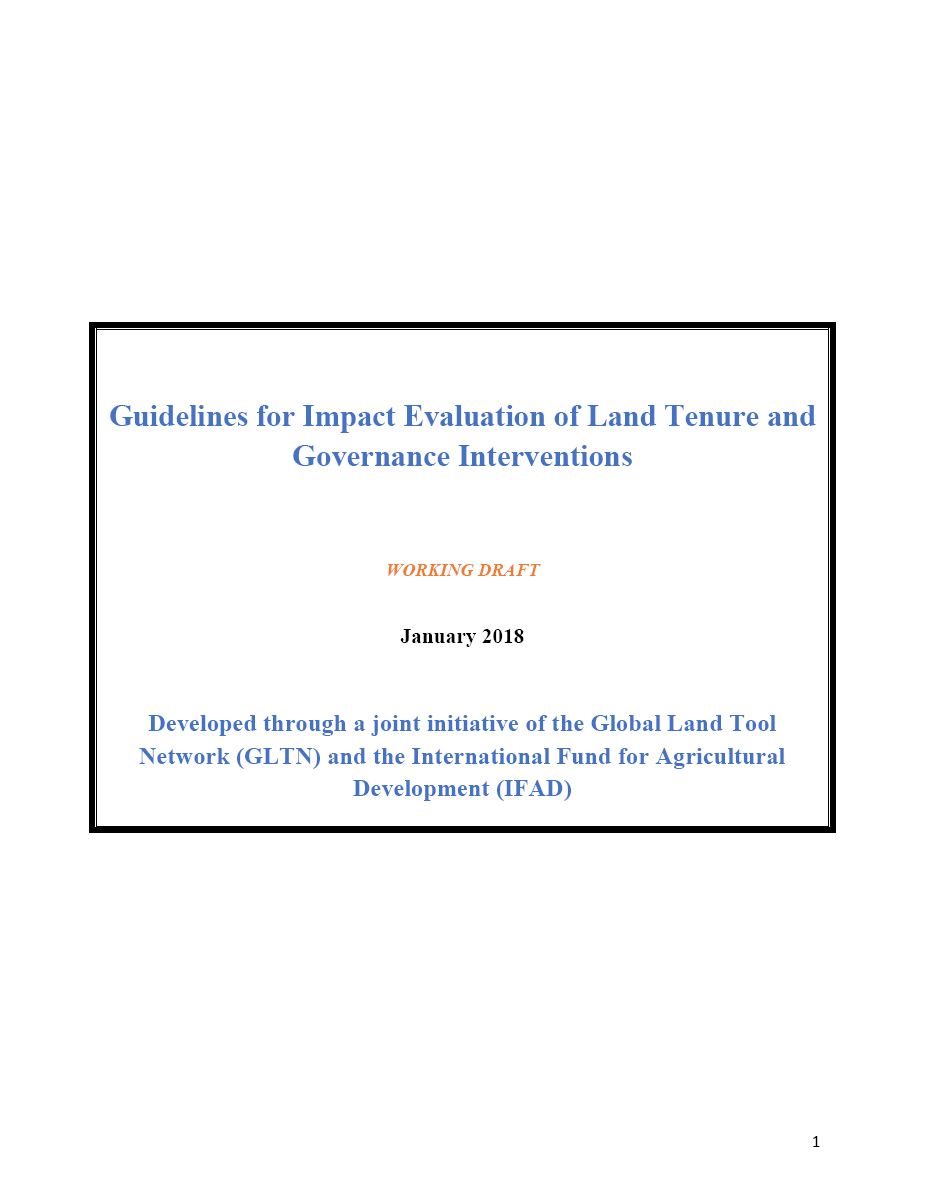Focal point
Location
The International Fund for Agricultural Development (IFAD), a specialized agency of the United Nations, was established as an international financial institution in 1977 as one of the major outcomes of the 1974 World Food Conference. The Conference was organized in response to the food crises of the early 1970s that primarily affected the Sahelian countries of Africa. The conference resolved that "an International Fund for Agricultural Development should be established immediately to finance agricultural development projects primarily for food production in the developing countries". One of the most important insights emerging from the conference was that the causes of food insecurity and famine were not so much failures in food production, but structural problems relating to poverty and to the fact that the majority of the developing world's poor populations were concentrated in rural areas.
IFAD's mission is to enable poor rural people to overcome poverty.
IFAD is dedicated to eradicating rural poverty in developing countries. Seventy-five per cent of the world's poorest people - 1.4 billion women, children and men - live in rural areas and depend on agriculture and related activities for their livelihoods.
Working with rural poor people, governments, donors, non-governmental organizations and many other partners, IFAD focuses on country-specific solutions, which can involve increasing rural poor peoples' access to financial services, markets, technology, land and other natural resources.
Resources
Displaying 26 - 30 of 102Slow, stealthy and steady – capacity development to address land tenure issues in development programmes: experiences of the IFAD/GLTN TSLI-ESA Project
Land and natural resource tenure security is a central yet often neglected area for economic development and poverty reduction in the developing world. Land is fundamental to the lives of poor rural people. It is a source of food, shelter, income and social identity. Secure access to land reduces vulnerability to hunger and poverty. There are some 1.3 billion extremely poor people in the world, struggling to survive on less than US$1.25 a day, and close to a billion continue to suffer from chronic under-nourishment.
Guidelines for Impact Evaluation of Land Tenure and Governance Interventions
The overall objective of the Guidelines for Impact Evaluation of Land Tenure and Governance Interventions is to inform and strengthen the design and implementation of future land tenure and governance interventions to best support lasting tenure security and achieve related impacts on poverty, food security, gender equality, environmental sustainability and security.
Guidelines for Impact Evaluation of Land Tenure and Governance Interventions
The purpose of the Guidelines for Impact Evaluation of Land Tenure and Governance Interventions (“the guidelines”) is to serve as a tool for both researchers and land sector experts in the design and conducting of land impact evaluations and ultimately broaden the evidence of what works and does not work and why in regard to measures meant to improve land tenure and governance.
Analyse de la vulnérabilité climatique et environnementale des systèmes agro- pastoraux dans le centre ouest du Tchad
Le présent rapport porte sur la vulnérabilité climatique et environnementale des systèmes agro-pastoraux dans le centre ouest du Tchad. Ce rapport répond à l'engagement du FIDA d'assurer la résilience climatique des bénéficiaires des investissements du FIDA. Dans le cadre de son nouveau cycle d'investissement (FIDA10), la question de la vulnérabilité des populations rurales face au changement climatique doit être au coeur des nouvelles actions protées dans les années à venir.








